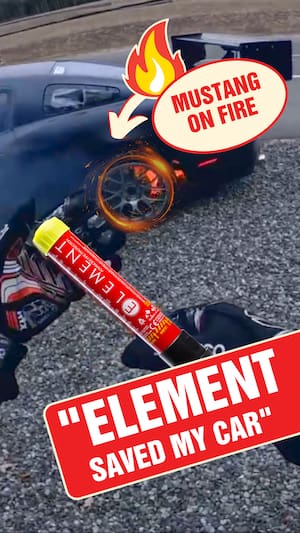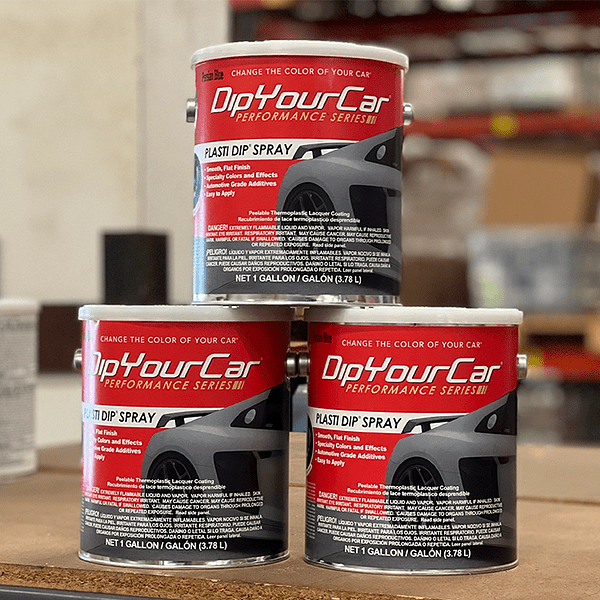
By Scott Rivers—It’s time to get on the road across the country in your motorhome. Before making that trip, there’s some work to be done by the driver that always starts with tires.
RVs (Recreational vehicles) demand a lot of attention for tires. However, tires are often being one of the most overlooked aspects. Do you know that tires are considered the foundation of your RV or motorhome?
Unlike car tires which are typically replaced due to tread wear, RVs often drive far fewer miles each year, however, most RV tires will have a certain lifespan. So you wonder How long do RV tires last?
How Long Do RV Tires Last?
Before breaking down the problem, we will share with you some basic information about RV tires. What are the differences between RV tires and other regular tires? Your motorhome can weigh between 10,000 and 30,000 pounds, which means you need tires that can handle a lot more cargo than your typical car tires.
Like trailer tires, RV tires have a specific design, construction, and purpose. They come in a variety of sizes to fit your vehicle, and different tires are made for different weight ranges. We can confirm that RV tires are different from other car tires. You should not use regular car tires for RVs even if they are the same size. In terms of structure, RV tires have a narrower tread width and thicker sidewalls than others. Thicker sidewalls help to carry the heavy load, which regular car tires can’t hold.
One of the things that a lot of people don’t realize until it’s too late is: How old are your tires? Tires may look good on the surface but if you don’t check that date code, and the condition, you could be riding on a gamble. To know about how long are RV tires good for? You should notice some parameters on your tires. Your tire has a lot of information printed on the sidewall.
If you look at this, you will see the DOT number, it will tell you when this tire was manufactured. Look for the DOT stamp and to the right of the stamp, you will find 4 numbers: the first two digits represent the week out of the year and the last two digits represent the year. It’s a perfect sign to tell you when your tire has passed its prime and it needs to go. We are sure that the manufacturer’s instructions provided the specific details on how often should RV tires be replaced? and famous tire brand-Michelin also wrote that: Tires that have been in use for 5 years or more should continue to be inspected by specialists at least annually. If they are well cared for and in good condition.
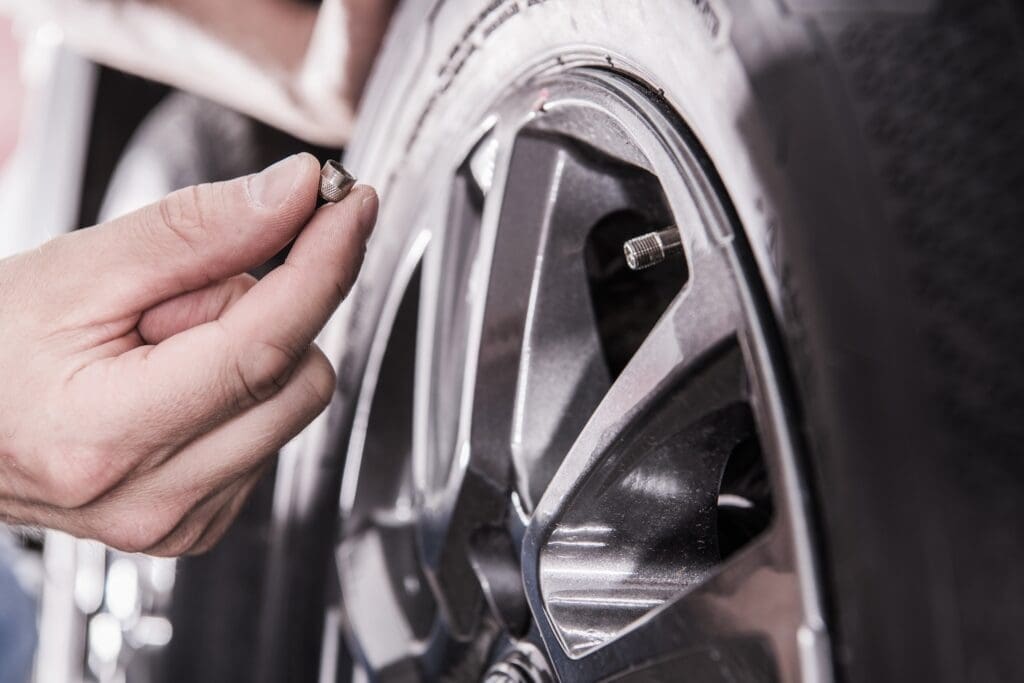
If you own a motorhome, the RV tire age limit will last for 5 years. If your RV tires have been 7 to 10 years, then maybe it’s time to think about replacing them. How about trailer tires, how long are trailer tires good for? On average, trailer tires will last about half as long as your motorhome tires. It’s a good idea to remember to change every three to four years because they get flat spots, and most of the time when you get one that blows.
When To Replace RV Tires?
Besides the RV tire replacement recommendations, we mentioned above, there will be some signs to tell you that you need to change the tires. Check the face of the tires to see how they are wearing. Tires are made from natural rubber, synthetic rubber, and other chemicals. If a rubber band is stretched continuously over a long period of time, small cracks will form throughout the entire rubber band, and eventually, the rubber band will break.
The same thing happens with a rubber band left out in the open air for too long: when pulled it will crack.
The same is also true of tires that wear out over time. The longer the vehicle travels, the faster the tires will wear out. Even if the car is rarely used, the longer the tire is left outside, the faster it will wear out and fail. Are they cupping or scrubbing? It is better to find out early that you have a problem before the tire fails. If you notice the tires not wearing evenly or start to wear faster on an inside or outside edge, have the tire inspected.
Check tire tread
First, you need to check your tire’s tread because having enough is essential for them to perform properly. You need to observe the tread on the face of the tire or the signs on the tread pattern. It is an indicator bar that tells you the tread wear. The tire is good when it should be at least 6/32” or 4/32” If you use 13-14” tires. If the tread is already less than 6/32 inches deep, you may need a new tire.
How can you determine your tire’s tread depth easily? The change in your pocket or cup holder can do that for you. All you need is to insert a dime into your tread with Lincoln’s head facing down and facing you. If you can see the entire top of Lincoln’s head, your tread depth is less than 2/32 inch and it’s time to change the tire. Using coins is widely used and many sources online refer to this method.
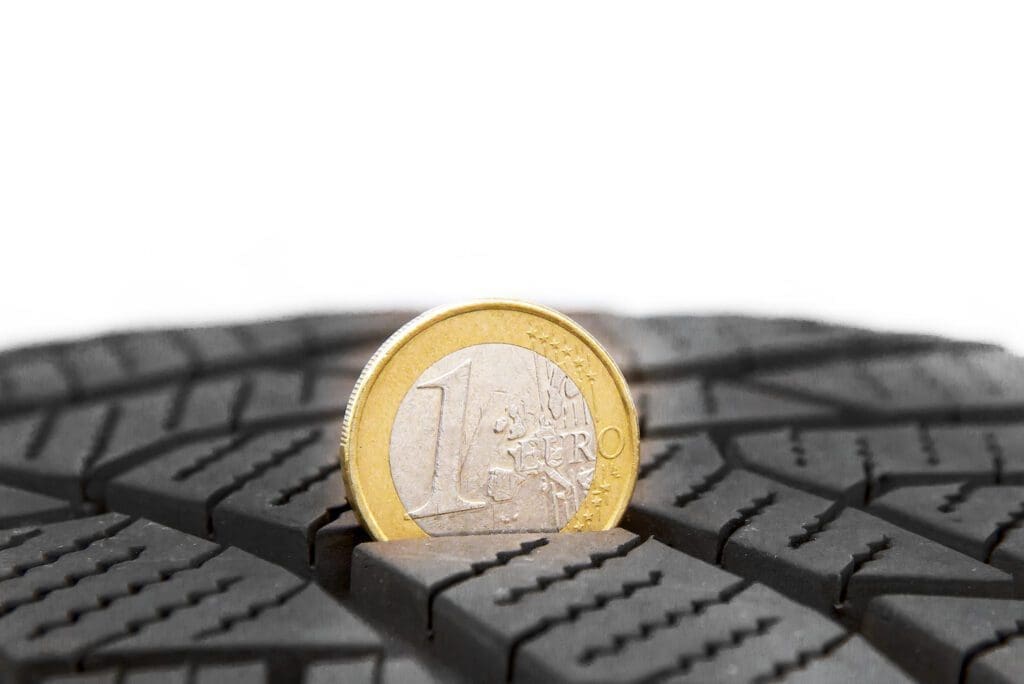
However, mechanics and auto experts agree that using each coin rating is not enough to determine if a tire is serviceable. To make sure the results are correct, you can purchase a tire tread depth gauge at any auto parts store.
Inspect sidewall
You need to inspect your tires for cracks on the sidewalls. Visible cracking of the rubber in the sidewall is something you should never ignore. It indicated that the structural integrity of the tire can not be assured, threatening the safety of the tire.
Check the size of the cracks, as this is a helpful way to determine whether a replacement has been necessary. If the cracks are more than 2/30″ deep, the tire should be replaced immediately. It occurs when the rubber compounds used to make the tire begin to break down.
A couple of common causes include excessive exposure to sunlight and low tire inflation in parking out of the sunlight for extended periods of time.
Don’t ignore bulges in tires
Changing tires is necessary if you notice blisters on your RV tires. What’s going on when you get a big old blister or bulge on the side of your tire? This is a pretty dangerous condition. If you see a bubble on the tires, this is not safe to drive, it can cause you to lose control of the vehicle.
You don’t want to be going 70-80 miles an hour and have a blowout on the highway. Let’s check the tire to make sure it’s in good condition.
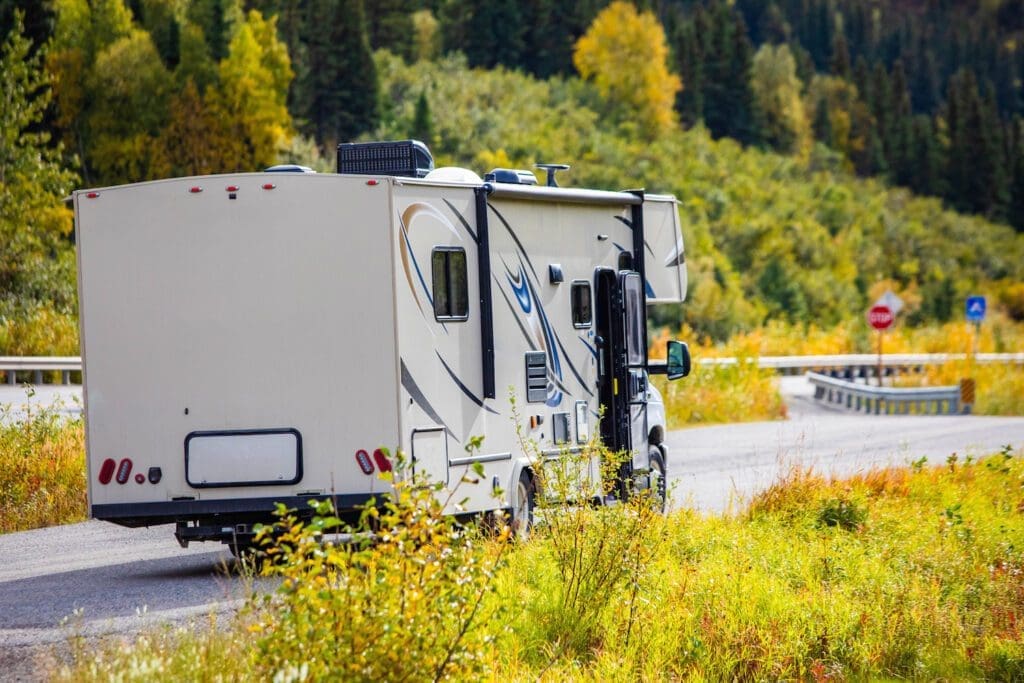
How To Improve The Lifespan Of Your RV Tires
Although you know that motorhome tire life expectancy is around 5 – 7 years, you can absolutely do something to make them last as long as it promises by making sure you take good care of them.
Here are some basic steps we think you should follow for taking good care of your RV tires. It will help tires to stay in top condition as long as possible:
Don’t overload your tires
Refer to the manufacturer’s load and inflation tables to determine the maximum weight a tire can support. Loading them beyond their rated weight carrying capacity can not only age them faster but can cause sudden premature failure.
Keep the tires properly inflated
If your tire is always over-inflated or under-inflated, it will reduce the lifespan of your tire, make the ride less comfortable and drive less safely. Follow the tire manufacturers’ inflation chart for each tire position until you’re able to get your RV weighed and inflate the tires to carry the maximum axle weight as posted on your RV’s weight rating plate often located near the driver’s seat.
Make sure your chassis aligned
Visit a reputable shop with RV experience and get your chassis aligned. If your alignment is off it can lead to an unusual wear pattern and premature tire replacement. Check the tire tread regularly for uneven wear that could indicate an alignment problem.

Keep your tires clean
This step not only makes the tires look good but also helps them last longer. Road oils can cause deterioration of the rubber and dirt will hold contaminants. You can wash the tire gently with mild soap.
Make tires covered
Operating the car often can help tires last longer. RV cars usually have less frequency of use compared to other commercial vehicles. During the tire manufacturing process, compounds are added to help protect the tires from the elements such as weather factors, ultraviolet rays, and ozone. These compounds only work effectively when the car drives on the road or exposure to heating. The lifespan of your tire will be shorter If we don’t use the car. Ozone and UV rays will shorten a tire’s life so make the effort to protect them from direct sun and excess moisture by covering them whenever possible.
Note: when you park your RV in one spot for an extended period, you should take your car out for an exercise run at least once a month. It is not only good for the tires but for the engine wheel hubs and suspension. In some cases, your RV is stored for a long period when it won’t be moved, be sure to follow proper storage procedures like:
- Reducing the load on the tires as much as possible.
- Filling them to the maximum air pressure listed on the sidewall
- Placing tires on a barrier especially when they’re parked on asphalt, grass
Proper RV tire inflation
Drivers should know the importance of tire pressure and how to monitor it to reduce the risk of tire blowouts and other problems that can arise. Check your tire inflation at least monthly and prior to taking an RV trip. Tires lose air when they sit in storage and if it’s been a while since you check the inflation pressure, they could be seriously underinflated.
How much air pressure RV tires should be inflated? RV comes equipped with a federal certification label entire information placard that specifies the cold inflation pressure for the tires and if you look at the tire itself there’s a maximum cold inflation pressure for the tires. Tire pressures on an average 16″ RV tire can range from 35-80 PSI or 280-550 kPa. That’s a wide range – and you need to find the correct number for your particular weight and wheelbase.

Driving a motorhome or towing a trailer or your 5th wheel with the wrong tire pressure can lead to all sorts of problems, affecting stability, ride comfort, and even the ability to save energy. It’s highly recommended by RV experts that you should equip an RV tire pressure monitoring system for your RV to have safety and peace of mind driving on the road.
Final Thoughts
Every part of a car needs regular maintenance and at some point, some parts will need to be replaced. And one of the parts that are most susceptible to corrosion and damage over time is the tire. If your RV is without tires, your motorhome is, well, just a house.
The quality of your RV tires can be the deciding factor between a successful RV adventure and one that can cost you thousands of dollars on unnecessary repairs and in extreme cases serious, possibly fatal.
Knowing information about tire life can help you protect your tires and have timely tire change plans before causing unexpected risks. We hope the article will clear up the confusion about RV tires or how many miles do trailer tires last?
About The Author
![]()
Scott Rivers is the Founder and CEO of RVing Trends. He is an avid RV traveler and professional mountain biker with a great sense of humor. After obtaining a Master’s Degree in Automotive Engineering from Columbia University in the City of New York, Scott worked as an RV technician in Camping World and Outdoorsy for years. He now enjoys exploring the U.S. by a fifth wheel & a truck with his wife. With about 15 years in RV living, road tripping, Scott now uses this experience as a travel blogger. Sharing his own experience and knowledge about RV life is now part of his passion and enjoyment.
(Source: RVingTrends. No copyright infringement intended.)













